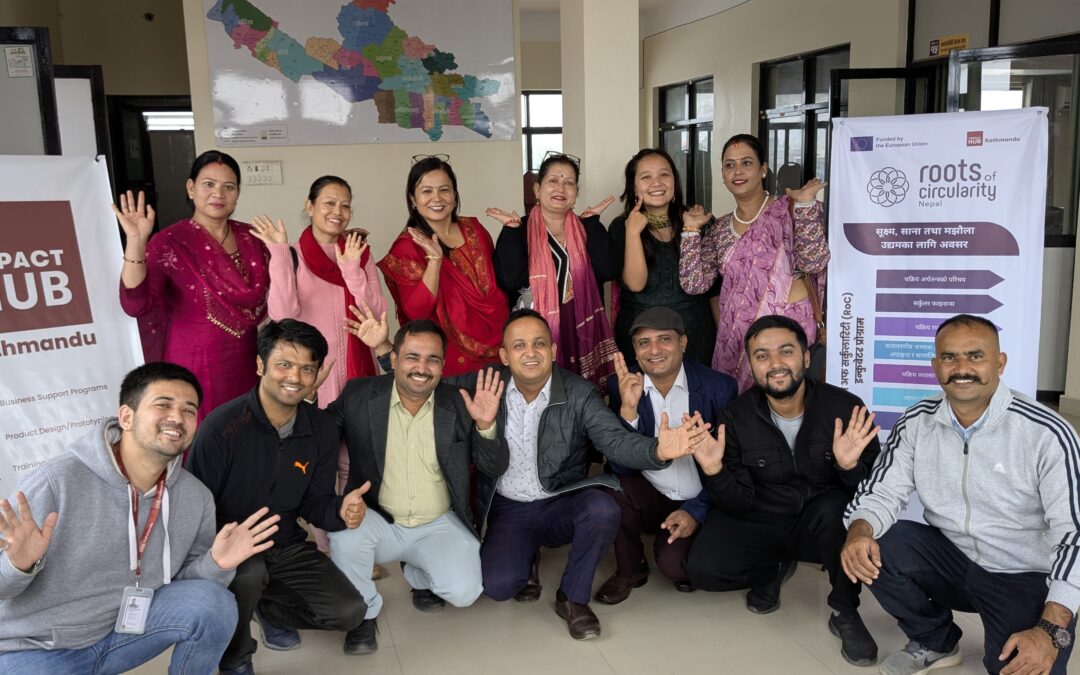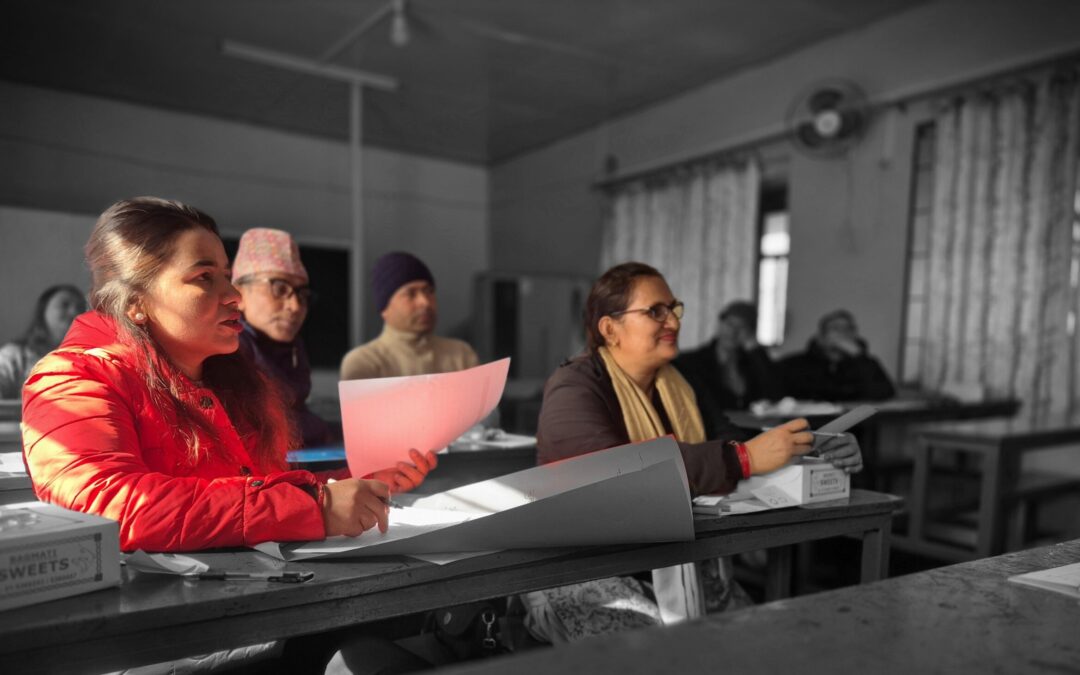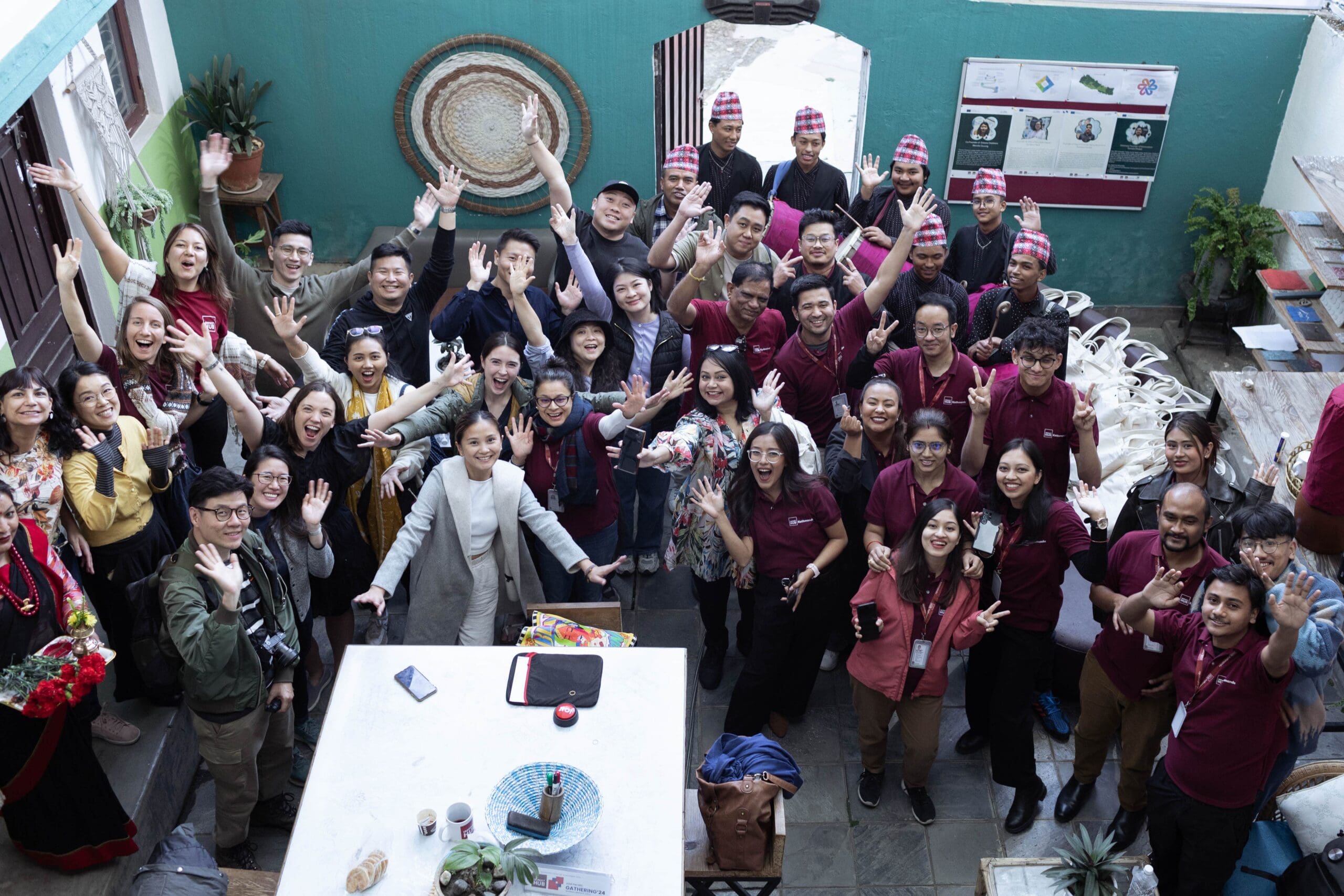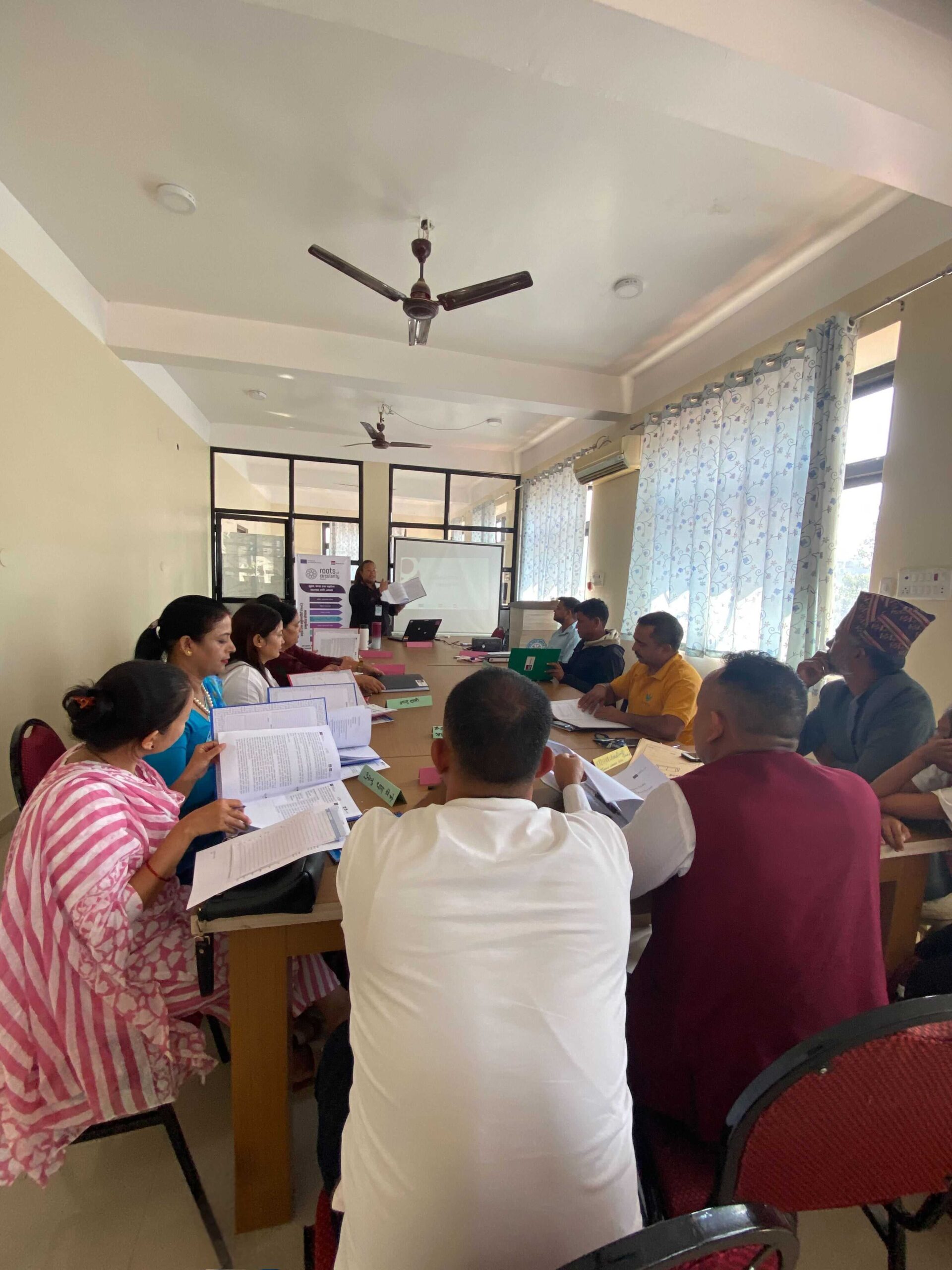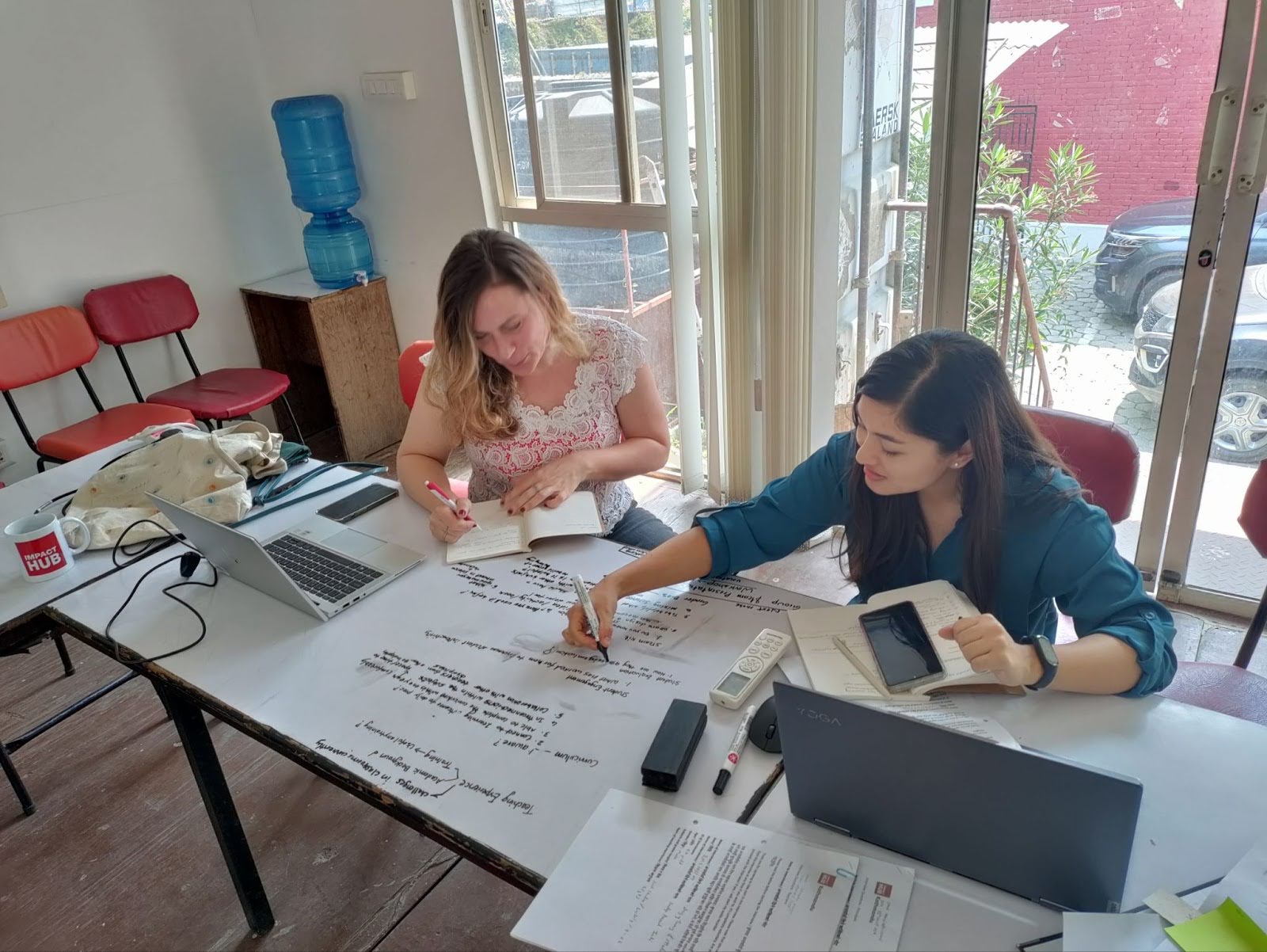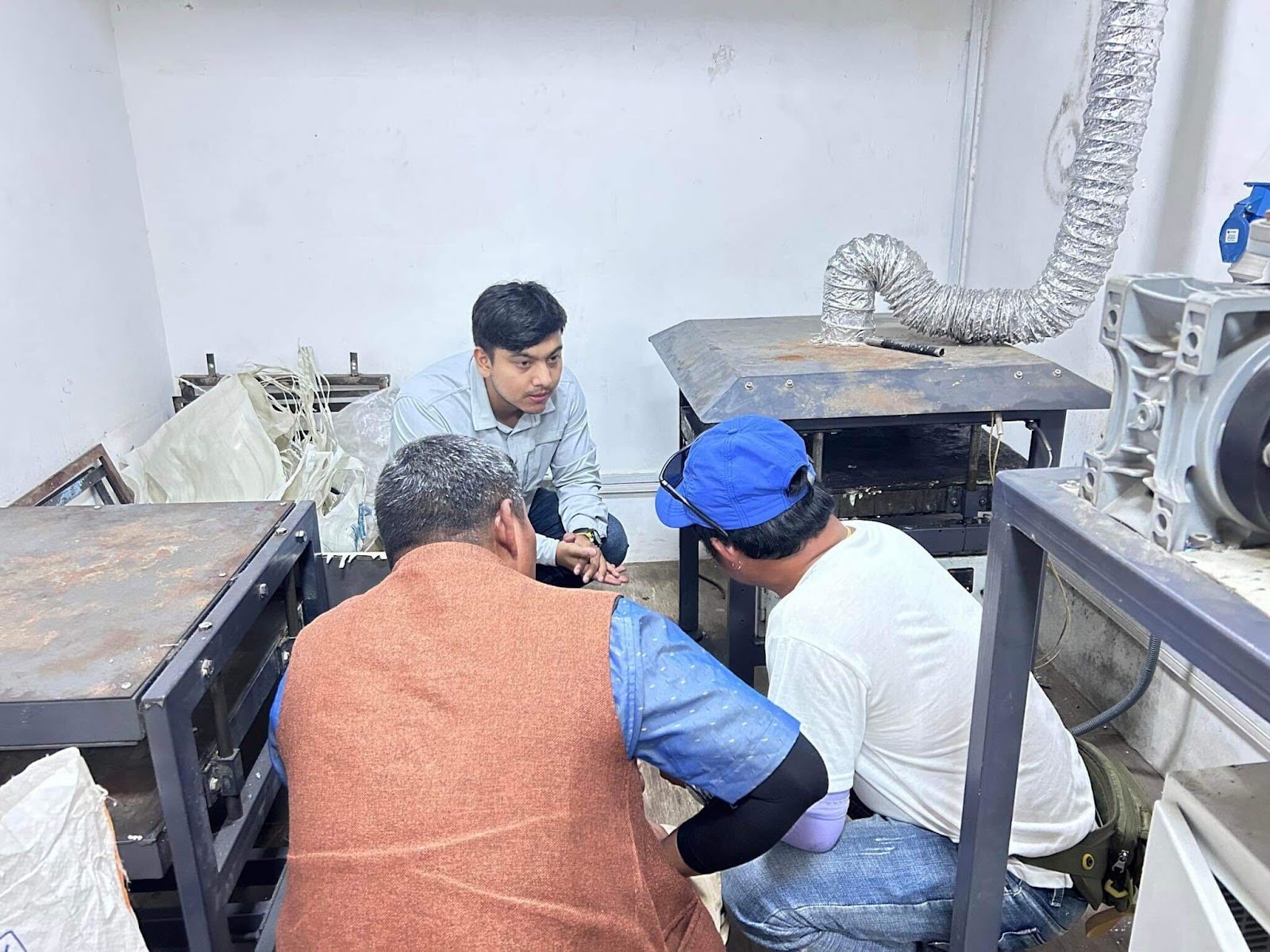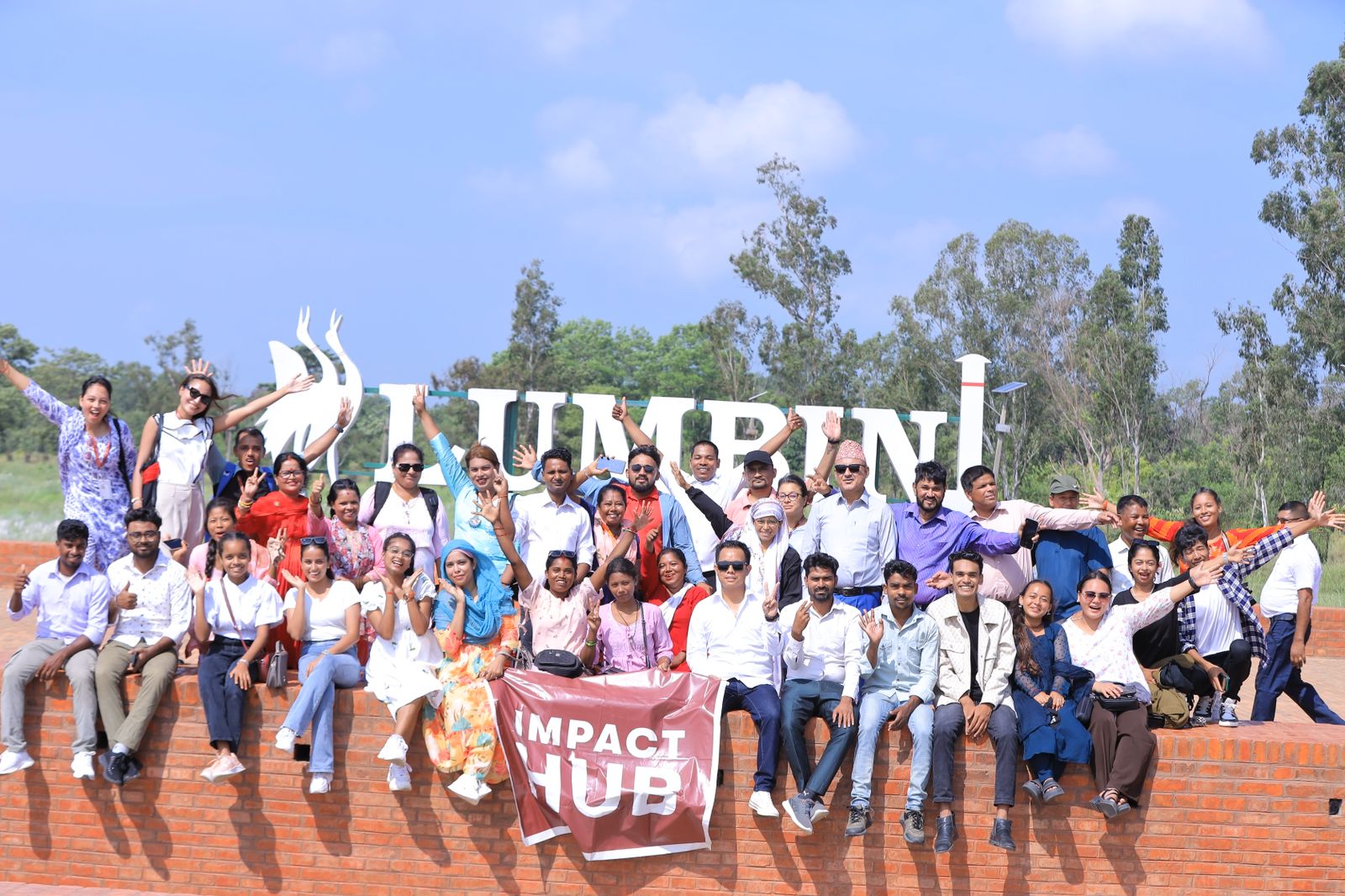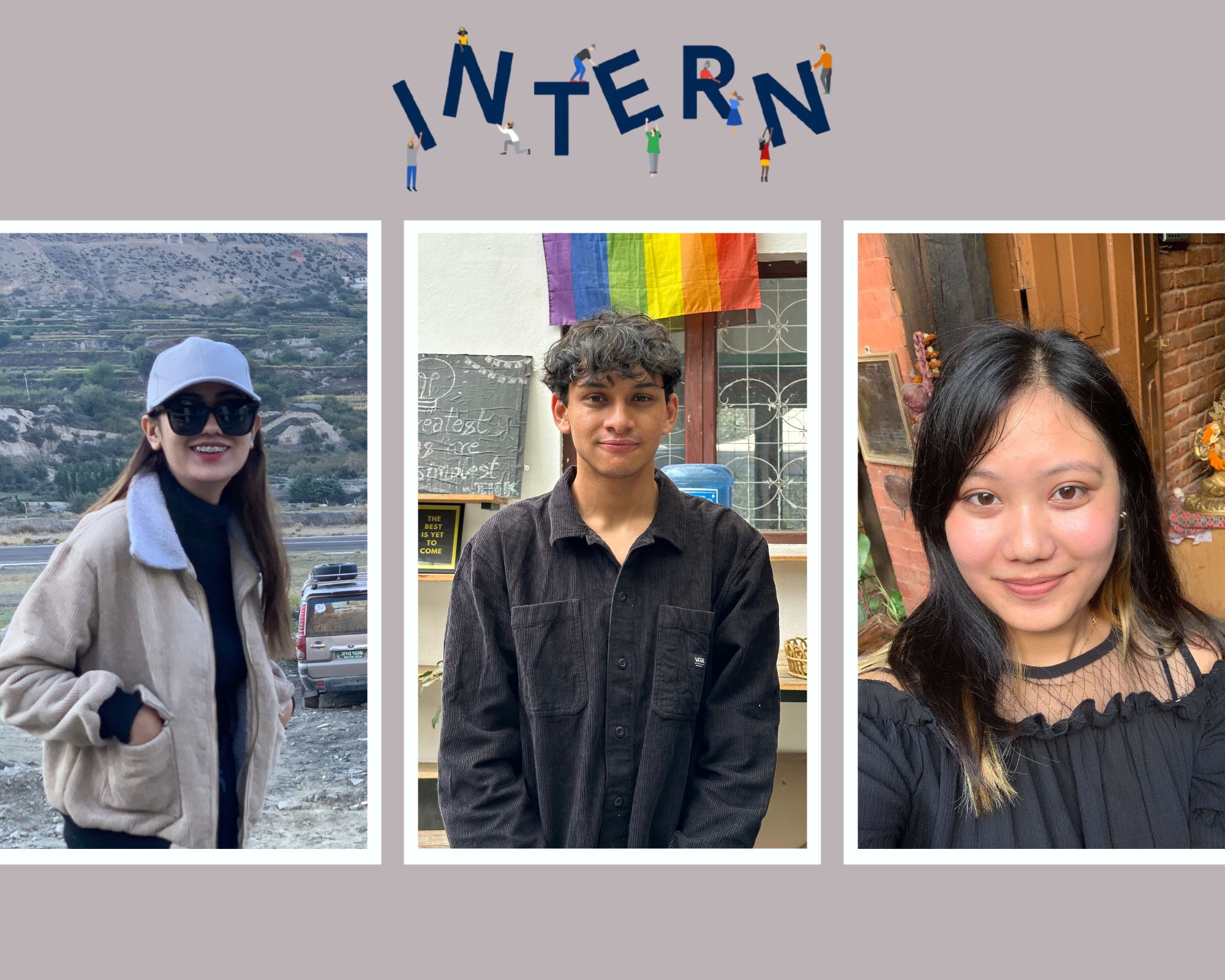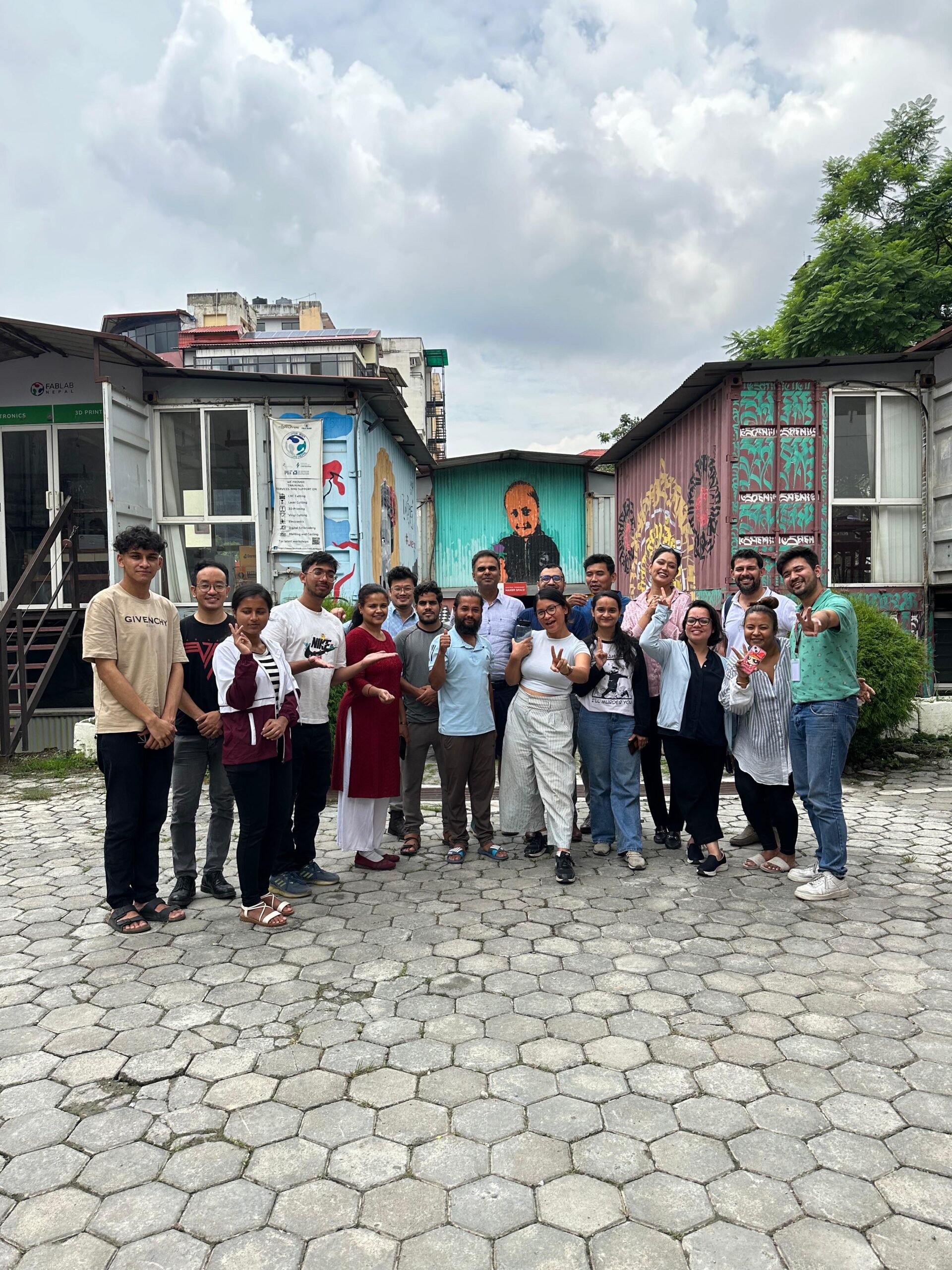By Anil Parajuli
The number of young people leaving countries in the pursuit of economic opportunities and another number of dead bodies coming to Nepal every day from Malaysia and Gulf countries always triggers me. I always wanted to do something to reduce the number on both ends. That is why it has been more than 6 years since I have been working in the entrepreneurial ecosystem wearing different hats supporting and talking about possibilities in Nepal at different levels. So you can imagine how excited I was to have the opportunity to support The Asia Foundation-Nepal’s Shuvayatra platform from a donor-supported initiative to a self-sustainable social enterprise. Shuvayatra is an Android app and Facebook page supporting Nepali labour migrants.
Globally, Nepal is the 19th largest country in the world to receive remittance, according to the World Bank’s 2019 report. Remittance is a very important means for Nepal’s economy with 8.79 billion USD of funds sent to Nepal in 2018/2019 as highlighted in the recent Nepal Labour Migration Report 2020. Last month we highlighted some of the impacts of COVID-19 on returning migrants.
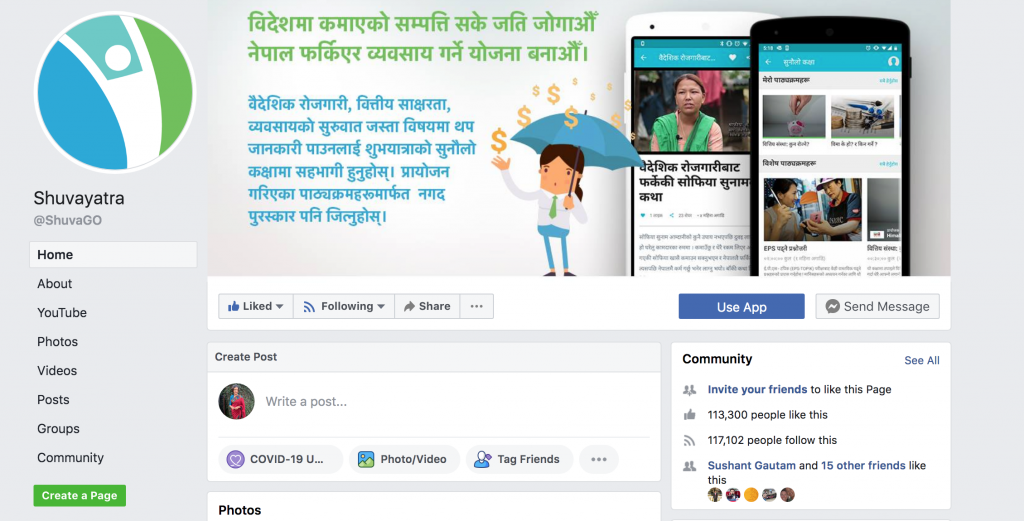
As part of our market research for Shuvayatra, we interviewed nearly 60 migrants and stakeholders in a mere 6 weeks. Here’s a glimpse of some of the heart-wrenching stories that were shared among migrants in Gulf countries such as Qatar, the UAE, Saudi Arabia, Malaysia as well as returnee and aspiring migrants here in Nepal. We also spoke with manpower agencies, remittance companies, banks, training centers, and orientation providers to understand what their needs and challenges are in serving Nepali migrants and how Shuvayatra can support their services as well.
The COVID-19 pandemic is creating a heavy toll on these migrants. Some of the challenges that many of them shared were things like – not being paid by their company for the past two months, being trapped in small living quarters with many other migrants, seeing their friends become infected with COVID-19 and lack of clarity on a way forward. They feel trapped and stuck and are running out of money and supplies to survive. Even the Nepali embassies in their respective countries have been apathetic and not focused on addressing their situation.
For the sake of anonymity, we’ve changed the names of those we’ve interviewed…but feel it’s necessary to share their human stories.
Rakesh Dhimal, 23 is in Dubai working as a tea/coffee server at the gas station. While speaking to him, he said, “I am waiting for the day I will get COVID-19 as the majority of my friends at the camp have already become positive cases.”
Narayan Karki, 38 living in Biratnagar is a labor migrant returnee. He saved 3 lakhs rupees and started a small ‘Khaja Ghar’. Mr. Karki is now hopeless and helpless because of the COVID lockdown. He has not been able to run his business properly. He wants to go back to Malaysia as soon as travel is allowed.
The majority of people in different countries are frustrated, depressed, and want to come home as soon as possible. As their companies are not paying their salaries, they want to be with their loved ones in these times of uncertainty and difficulties.
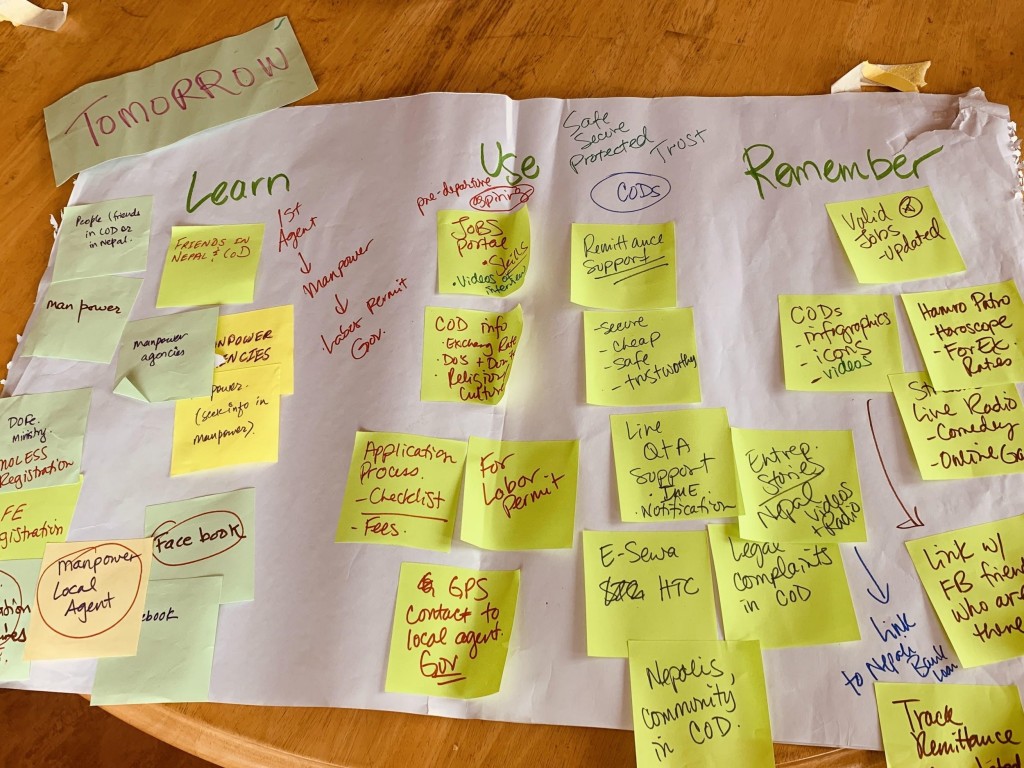
As we spoke to these migrants, we wanted to know how and if a digital app like Shuvayatra can support them in getting timely news and information about policies and procedures to return to Nepal, their rights as migrants, and most importantly staying in touch with their families during these times of crisis. Migrants also shared that they wait 2 to 3 hours at money exchange counters to send money back to their family despite having technology in their hands.
Through our research, we found that there are 3 key pain points that Nepali migrants are facing that an app like Shuvayatra can focus on:
- Employment, Job Placement
- Sending Money Home – Secure and Cheap Remittance Services.
- Staying Connected to the Nepali Community
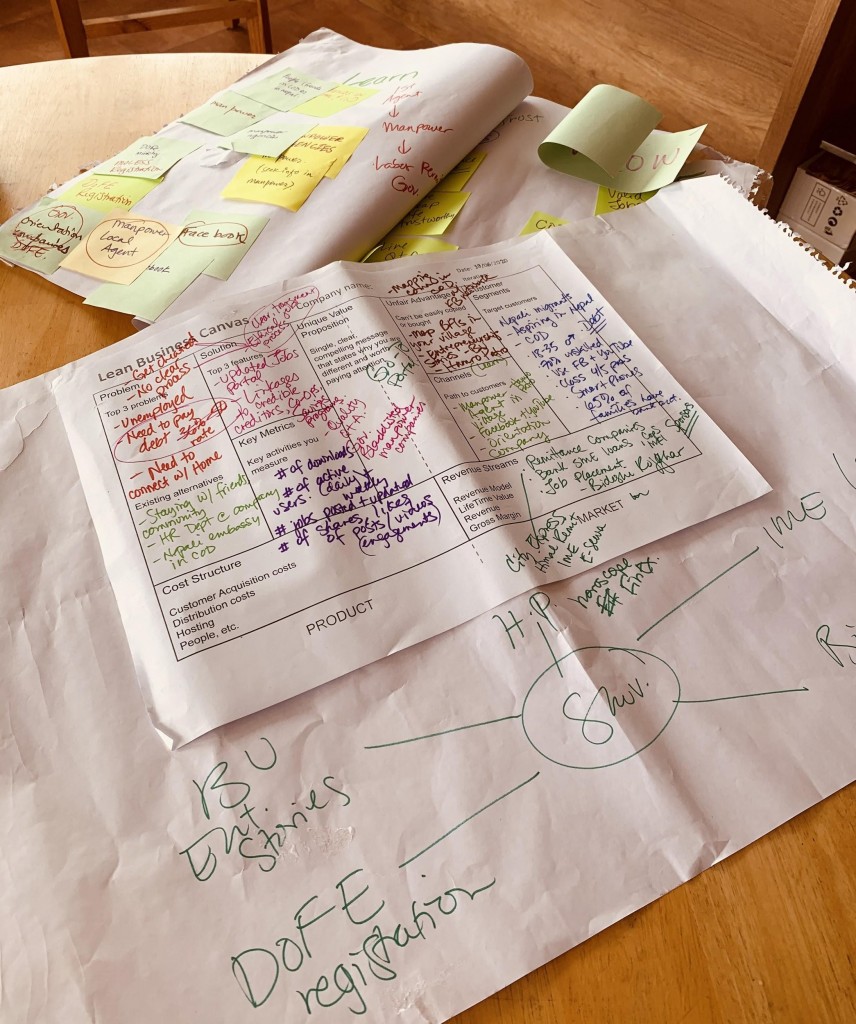
We spent a day in our training hall to map out different user journey experiences identifying how migrants Learn, Use and Remember different features of the app. We then converted some of those insights onto a Lean Business Canvas looking at external stakeholders that can also be engaged to strengthen this platform so that it has maximum benefit for Nepali migrants.
At times it feels like even god cheats our labor migrants in so many ways – in the country of destination, when they return home, and when they try to go abroad. We hope that these powerful stories will translate into solid solutions to ensure we are doing everything we can to honor, respect and support our Nepali migrants.


